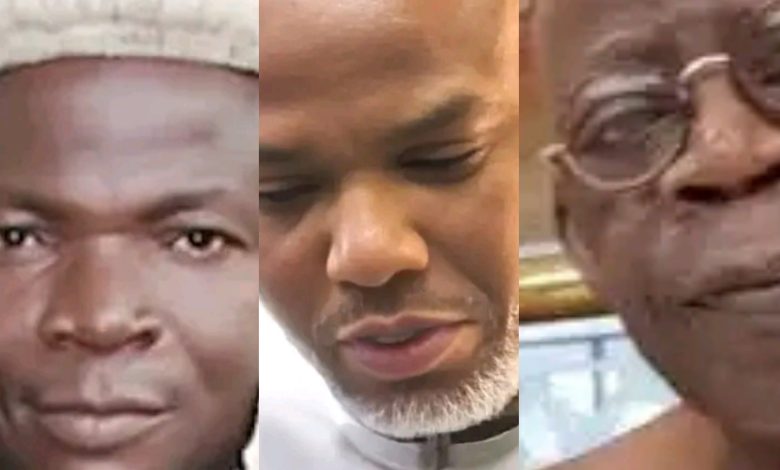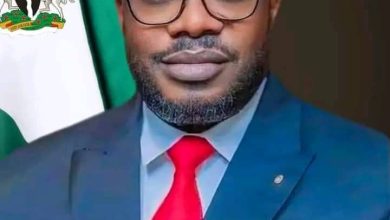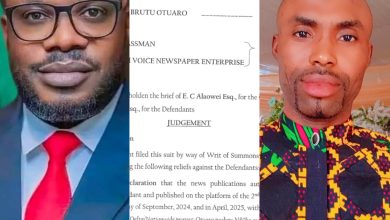Sowore Alleges Secret Plot by Tinubu Government to Sentence Nnamdi Kanu
— Draws Parallels with Ken Saro-Wiwa’s 1995 Execution

By Passman Akpos
Human rights activist and publisher of Sahara Reporters, Omoyele Sowore, has raised alarm over what he describes as a “predetermined plan” by the Tinubu administration to ensure the conviction of detained IPOB leader, Mazi Nnamdi Kanu.
In a strongly worded statement released on Wednesday, Sowore alleged that “a secret decision has long been reached within the Tinubu regime regarding the fate of Nnamdi Kanu.” According to him, the plan—reached through a “high-level political conspiracy”—is to either sentence Kanu to death or condemn him to life imprisonment under the guise of a lawful judicial process.
> “Justice Omotosho is expected to conclude Kanu’s trial by declaring that his refusal to open his defence amounts to an admission of guilt—a convenient interpretation designed to seal a verdict already agreed upon behind closed doors,” Sowore stated.
He warned that the anticipated ruling, expected in November, mirrors one of the darkest chapters in Nigeria’s history. Drawing a stark comparison, Sowore recalled that in November 1995, environmental activist Ken Saro-Wiwa and eight other Ogoni leaders were sentenced to death by a military tribunal under General Sani Abacha—a decision that provoked global outrage.
> “Today, three decades later, Nigeria appears to be standing at the same moral crossroads. Only the year has changed—this is 2025, not 1995—but the machinery of repression grinds on,” he said.
Sowore described Kanu’s ongoing trial as no longer a matter of justice but “a test of conscience for the Nigerian state and its citizens alike.”
The activist’s statement, now circulating widely online under the hashtag #FreeNnamdiKanuNow, has reignited debates about judicial independence, human rights, and political interference in high-profile cases.
As of press time, the Presidency and the Federal Ministry of Justice had not responded to Sowore’s allegations.
Observers say the coming weeks will be critical, as Nigerians and the international community watch closely how the courts handle one of the most contentious trials in the country’s recent history.





